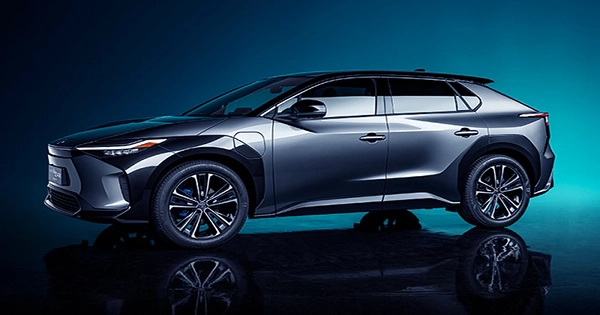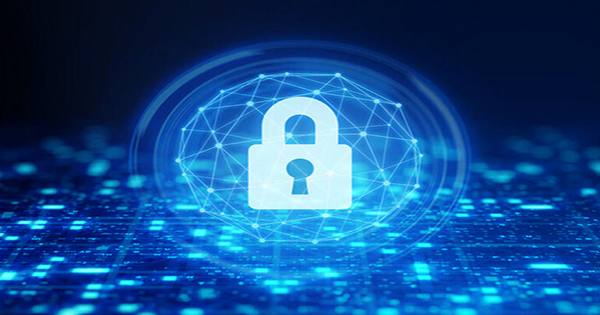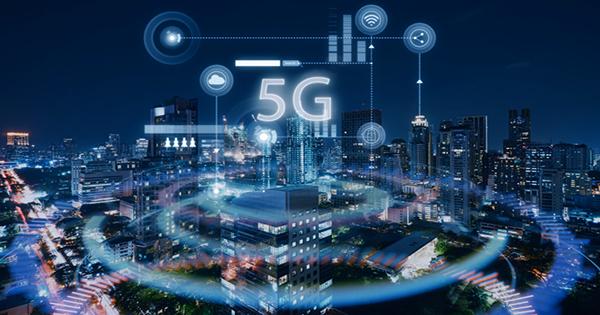Toyota is the world’s largest carmaker, selling everything from internal combustion engines to electric cars, but its all-electric approach has lagged behind other manufacturers such as GM, Hyundai, Kia, Volkswagen, Audi, and others. Toyota’s senior executive, Akio Toyoda, has already expressed his reservations regarding battery-electric vehicles (while spreading false information using the rhetoric that oil companies use).
According to the Wall Street Journal, Toyoda criticized EVs as “overhyped” during his annual year-end address to the Japan Automobile Manufacturers Association in December 2020, and said that the transition from gasoline to electric cars could result in the loss of millions of jobs and the collapse of the automobile industry.
His remarks were addressed primarily at the Japanese government at the time, which was considering prohibiting the sale of gasoline automobiles by mid-2030, following similar prohibitions in California, Quebec, and Washington State. Despite Toyoda’s statements, the restriction in Japan was eventually repealed, albeit hybrids were still allowed to be marketed.
According to the Times of London, Toyota has threatened to drop out of U.K. production over the country’s net-zero goals. The issue at hand is the United Kingdom’s green regulations, which Toyota wants “watered down” so it won’t have to pay substantial fines if it doesn’t meet the country’s standards for battery and hybrid car sales. While vehemently opposing the much-touted shift to battery-electric vehicles may appear to be an odd strategy for a business like Toyota, a deeper examination reveals that some of it is well-founded, given the world’s limited resources for producing enough battery-electric vehicles.
At the same time, it’s worth noting that a lot of the hype around Toyota’s battery-electric vehicles is purely promotional. The business has continued to promote its “Beyond Zero” (bZ) goals and has also attempted to bring alternative fuel vehicles into consumers’ hands, such as the excellent hydrogen-hybrid-powered Toyota Mirai. Toyota understands that there isn’t enough lithium in the world to replace all of the ICE engines in the hands of its consumers. In their current form (powered by lithium-ion batteries), battery-electric cars are just not a feasible replacement for all ICE-powered vehicles on the road today, much alone only those owned by Toyota customers.
That’s why the Toyota bZ4X for 2023 makes sense. The vehicle provides a way for Toyota customers to get into an all-electric crossover built by a company known for reliability and safety, while Toyota continues to leave room for the development and adoption of alternative powertrains that do not require the use of all of the world’s rare-earth elements and allow the company to meet the growing global pressure to become more environmentally friendly.
Is the Toyota bZ4X, on the other hand, a compelling enough product to entice customers to buy the company’s first battery-electric vehicle? On the first drive: No way. With the bZ4X’s price, architecture, and confusing statements from Toyota’s top executives about the future of alternative powertrains in cars, it appears the bZ4X is more of a marketing ploy than anything else. We’ll have to wait and watch if people are prepared to put their money where their mouth is and buy into that marketing pitch.
















